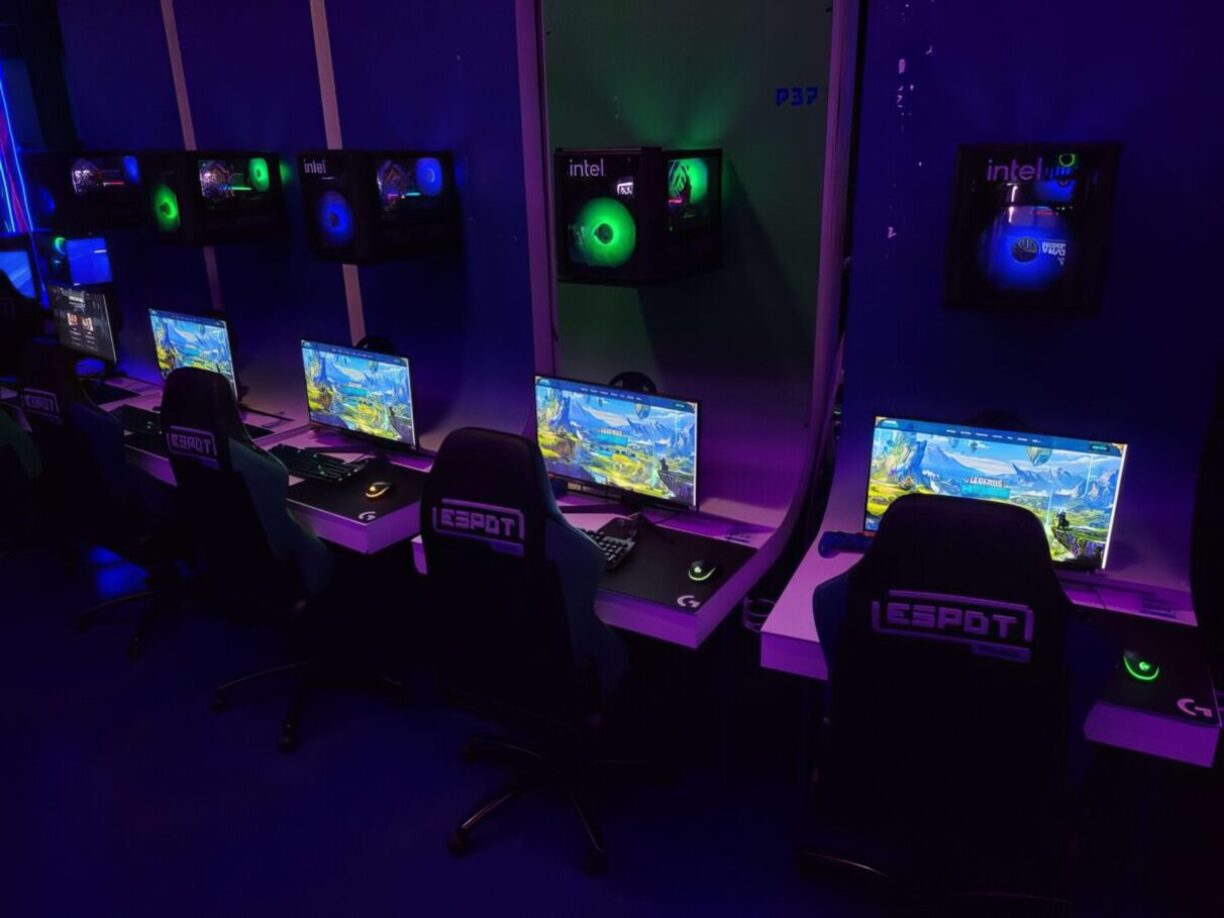The Future of Gaming: DeFi, Fun, and Multi-Platform Ecosystems
Over the years, the ripple effect of blockchain technology has permeated various sectors including the gaming industry. This is largely due to advancements in Decentralised Finance (DeFi) and a concept known as Non-Fungible Tokens (NFTs). Consequently, the term ‘blockchain gaming’ has gathered quite a following. However, recent times have recorded a noticeable dip in the expansion rate of this sphere.
Michael Anderson, a leading figure in the blockchain gaming industry and co-founder of Framework Ventures, suggests that these declining trends can be arrested, and even transformed into substantial growth if game developers take more strategic measures to fully harness the potential of tokens, streamline user experience to reduce friction, and implement cross-platform compatibility. Now, let’s delve into Anderson’s interpretation of these elements and how they can stir a revolution in the blockchain gaming scene.
Adding the Fun Factor and DeFi into Blockchain Gaming
The central theme of Anderson’s revitalizing strategy is the incorporation of enjoyment into these games. The central idea being, while monetary gains might lure players towards blockchain-based games, the aspect of fun should never be sidelined. The level of enjoyment derived from participating in the game should ideally be a more significant motivating factor propelling player engagement. This, however, doesn’t negate the importance of the crypto component. Anderson propounds that future gaming titles that manage to retain remarkable success will likely employ DeFi and clever Token models which accrue valuable returns from their ecosystems. This strategic blend produces a gaming experience that is both fun and financially rewarding.
A brilliant example of this approach is a game known as Legends of Elysium, which has distinguished itself amongst its counterparts through its unique offerings set to elevate the standards of Web3 gaming. The game guarantees an enjoyable playing experience and situated within a rich, vibrant world which players are free to explore, engage in combat, and trade. The game does not fall short in the uniqueness of its characters as players hold full ownership, a feat made possible by the application of NFT technology. More so, the game’s economy is structured to ensure fairness and a balanced approach, with the players and market forces dictating the value of items, not the developers.
Streamlining Wallet Setup Process & Creating Diverse Gaming Ecosystems
Another standout element in this gaming restoration strategy, according to Anderson, involves facilitating the wallet setup process. In the realm of blockchain gaming, valuable virtual commodities are a common find. To keep these safe, players need to possess a digital wallet – a process many consider to be complicated and off-putting. Anderson hints, however, that game developers are nearer to perfecting a seamless registration procedure for players; an innovation that could drastically reduce friction and encourage more gamers to embrace blockchain gaming.
Moreover, Anderson emphasises the need for gaming studios to create multi-platform ecosystems, allowing the development of a variety of games differing in gameplay style, complexity, and platform. This strategy presents players with an array of gaming experiences and aids web 3 game studios in attracting the vast audience of mainstream mobile gaming.
In this regard, Legends of Elysium seems to pack all these features thereby allowing players to easily sign into games using their individual social media platforms. Key benefits of this development include:
1. Accessibility: Simplified registration process. Users can sign up using their pre-existing social media accounts, reducing user onboarding complications which, in turn, could increase user engagement.
2. Personalisation: By using social logins, the game gets access to basic user information that can be used to customise the gaming experience, including the use of the player’s real name or profile picture in the game, or tailoring the game’s content to the player’s interest.
3. Social Interaction: Social logins facilitate social features, enabling players to share achievements on social media, invite friends to play, or engage in leaderboard competitions, leading to increased players’ engagement.
4. Security: Leveraging on the established security measures by social media platforms instead of building their own.
The Contribution of Big Tech to Web3 Gaming Distribution
Distribution of web3 games has seen a significant boost, thanks to technology giants such as Apple and Google’s relaxation of restrictions on blockchain-powered games. This update has expanded the hosting capability of web3 games on iOS and Android platforms, massively increasing the outreach potential of these games. Framework Ventures, a prominent player in this scene, had approximately $200 million set aside for blockchain gaming as far back as 2017. This level of investment indicates the role this organisation is poised to play in the future of the blockchain gaming industry.
To wrap it up, the future of blockchain gaming hinges on a seamless integration of fun gaming experiences, financial incentives through DeFi, and the development of versatile multi-platform ecosystems. By generating enjoyable games utilising token models, streamlining the wallet creation operation, and creating multi-platform ecosystems, developers are positioned to rejuvenate the blockchain gaming sector and seize the attention of a broader audience segment. And now, with Tech Giants such as Apple and Google paving the way for web3 game integration, the horizon for the future of blockchain gaming indeed looks brighter than ever before.
